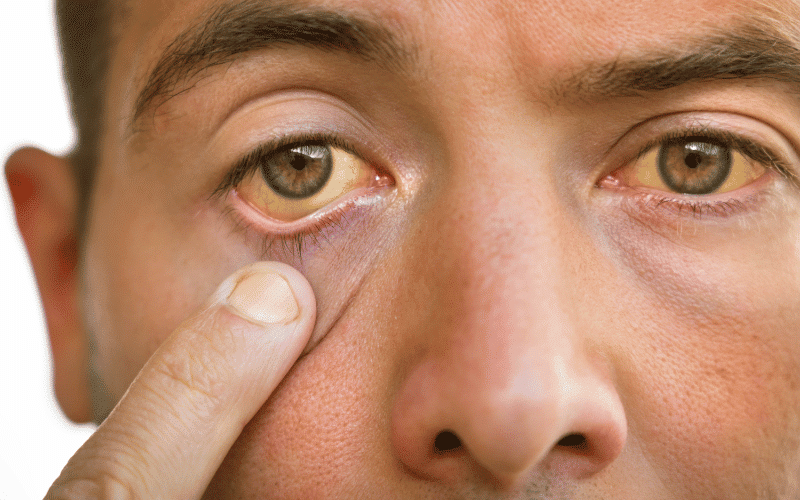Introduction: Early Detection is Key
The liver is an essential organ in our body, responsible for filtering out toxins, breaking down fats, and producing essential proteins. It’s crucial to recognize the early symptoms and first signs of liver failure to get timely treatment and prevent severe complications. In this article, we’ll discuss the top 10 early symptoms and first signs of liver failure that you should watch out for. Remember, early detection can be life-saving.
Liver failure can be a life-threatening condition, but recognizing the early signs and symptoms can help you take the necessary steps to protect your health. It’s essential to understand that the liver is a resilient organ, capable of regenerating itself when damaged. However, when the damage is too severe or prolonged, it can lead to liver failure.
There are two types of liver failure: acute and chronic. Acute liver failure occurs suddenly, while chronic liver failure develops gradually over time. In both cases, recognizing the early symptoms and first signs can lead to prompt medical intervention and potentially save a life.
In the following sections, we will delve into the top 10 early symptoms and first signs of liver failure, providing you with the knowledge you need to take action if you suspect a problem. We will also discuss some frequently asked questions and provide additional resources for further information.
Symptom 1. Jaundice: The Yellowing of Skin and Eyes

Jaundice is a common and easily noticeable symptom of liver failure. It occurs when the liver cannot effectively process bilirubin, a yellowish substance produced during the breakdown of red blood cells. This inability to process bilirubin leads to a buildup in the bloodstream, which then manifests as a yellowing of the skin and eyes.
Jaundice can be a sign of various liver conditions, not just liver failure. For example, it may be a symptom of hepatitis, alcoholic liver disease, or hemolytic anemia. It’s essential to consult a healthcare professional if you notice jaundice, as it can indicate a serious underlying issue.
In some cases, jaundice may be accompanied by other symptoms such as dark urine, pale stools, and itching. These additional symptoms can provide further clues to the underlying cause and may help your doctor make a more accurate diagnosis.
Prompt treatment of jaundice is crucial to prevent complications. Left untreated, high bilirubin levels can lead to brain damage, known as kernicterus, which can be life-threatening. Therefore, it’s essential to seek medical attention as soon as you notice the yellowing of your skin or eyes. (1)